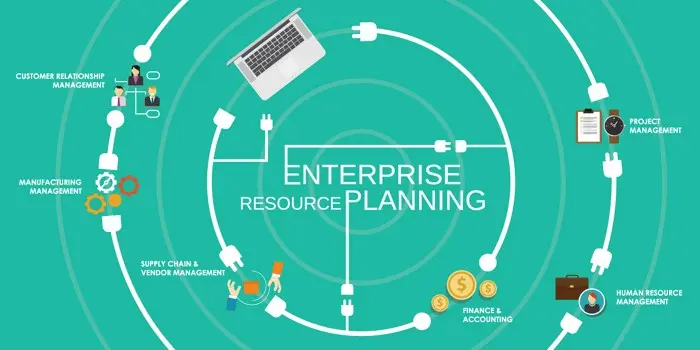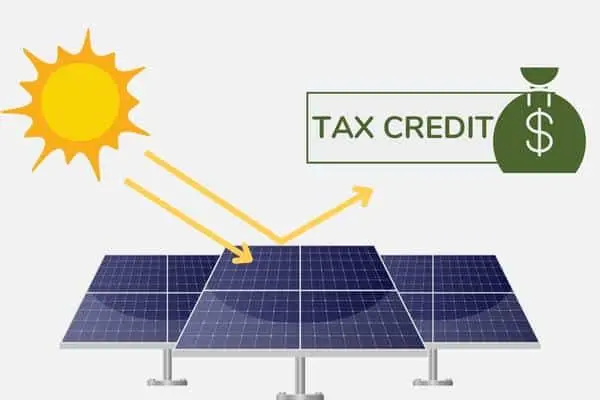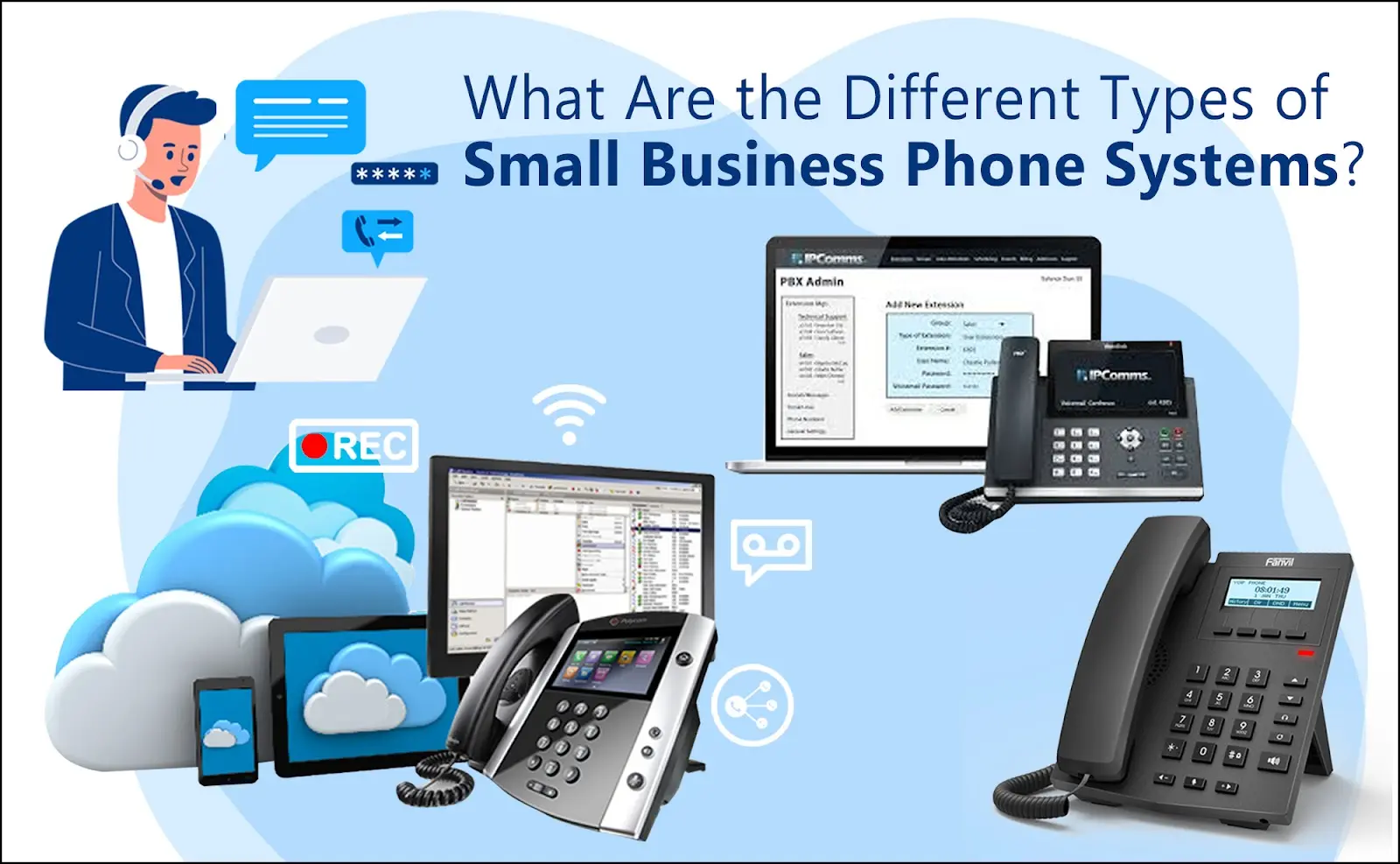How to Choose the Best Home Solar System for Your Needs: A Complete Guide
When considering switching to solar energy, choosing the best home solar system for your needs is a crucial decision that can impact your long-term savings, energy efficiency, and environmental footprint. With the growing popularity of solar power, homeowners now have more options than ever, from various system sizes to different installation models. In this complete guide, we will walk you through the essential steps and factors to consider when selecting the perfect solar system for your home.
1. Key Factors to Consider Before Installing a Solar System
Choosing the right home solar system involves assessing various factors to ensure it meets your specific needs. Understanding these key factors will help you make an informed decision on the best solar panel installation for your household:
| Factor | Explanation |
|---|---|
| Energy Consumption | Assess your average monthly electricity usage to determine how much solar power you need. |
| Roof Space and Orientation | Ensure your roof has enough space and the right orientation for optimal sunlight exposure. |
| Solar Panel Efficiency | Consider the efficiency of the panels, as higher efficiency panels generate more energy in less space. |
| Budget | Determine your budget for the solar system, as this will influence the type and brand of panels you can afford. |
| Incentives and Rebates | Research local tax incentives, rebates, and solar credits to reduce your installation costs. |
2. Types of Home Solar Systems: Which One Is Right for You?
There are different types of solar systems available for residential installations. Below are the most common types to consider based on your specific needs:
| Solar System Type | Description | Best For |
|---|---|---|
| Grid-Tied Solar System | Connected to the local utility grid for excess energy export. | Homes that want to reduce electricity bills and benefit from net metering. |
| Off-Grid Solar System | Not connected to the utility grid; stores energy in batteries. | Homes in remote areas without access to the power grid. |
| Hybrid Solar System | Combines grid connection with battery backup for increased energy security. | Homes that need backup power during outages or want to increase energy independence. |
| Solar Water Heating System | Uses solar panels to heat water for household use. | Homes looking for energy-efficient water heating solutions. |
3. How to Calculate the Size of the Solar System You Need
Determining the size of your solar system depends on several factors, primarily your energy consumption and roof space. Here is a simple breakdown of how to calculate the solar panel capacity required:
| Step | Explanation |
|---|---|
| Step 1: Assess Your Energy Usage | Review your electricity bills over the past year to understand your average consumption. |
| Step 2: Determine Solar Panel Output | Check the wattage of the solar panels you plan to use. A typical solar panel produces 250 to 400 watts. |
| Step 3: Calculate the Number of Panels | Divide your total energy needs (in kilowatt-hours) by the panel output (in watts) to estimate the number of panels you need. |
| Step 4: Consider Solar Panel Efficiency | Higher efficiency panels will reduce the number of panels required for the same energy output. |
| Step 5: Account for Roof Space | Make sure your roof has enough space to accommodate the required number of solar panels. |
4. Comparing Solar Panel Brands and Quality
Not all solar panels are created equal. The quality and brand of your solar panels can impact their efficiency, lifespan, and performance. Here are a few key factors to consider when evaluating solar panel brands:
| Factor | Description |
|---|---|
| Efficiency | Higher-efficiency panels generate more power per square foot, making them ideal for smaller rooftops. |
| Warranty and Lifespan | Look for panels with long warranties (25+ years) for better durability and peace of mind. |
| Cost vs. Value | Consider balancing cost with long-term value—higher-quality panels often offer better performance and durability. |
| Certifications | Ensure panels meet industry standards and certifications such as IEC, UL, and TUV to guarantee safety and reliability. |
5. Choosing a Solar Installer: What You Should Know
Once you’ve selected the type and size of your solar system, the next step is choosing a reliable solar installer. Here are some key points to keep in mind when selecting an installer for your home solar project:
| Factor | Explanation |
|---|---|
| Experience and Reputation | Choose installers with a proven track record and positive customer reviews. |
| Certifications and Licenses | Ensure the installer is licensed and certified by relevant industry bodies, such as NABCEP (North American Board of Certified Energy Practitioners). |
| Installation Timeframe | Discuss installation timelines and make sure they can meet your project’s deadlines. |
| Post-Installation Support | Look for companies that offer warranties, maintenance services, and customer support after installation. |
6. Solar Incentives and Financing Options
Before making your final decision, consider the financial aspects of going solar. Many homeowners are eligible for various solar incentives and financing options to make the investment more affordable. Here's a look at some common options:
| Option | Description |
|---|---|
| Federal Solar Tax Credit | Provides a 26% tax credit for residential solar installations (as of 2022). |
| State and Local Incentives | Many states offer rebates or tax incentives to reduce installation costs. |
| Solar Leasing or Power Purchase Agreements (PPAs) | Allows homeowners to install solar panels with no upfront cost and pay for electricity used at a fixed rate. |
| Solar Loans | Many financial institutions offer loans with low-interest rates to cover solar system costs. |
7. Conclusion: Choosing the Right Home Solar System
When selecting the best home solar system, it’s crucial to consider your energy needs, roof space, budget, and local solar incentives. By understanding the types of systems available, evaluating the efficiency and quality of solar panels, and working with a reputable installer, you can ensure that your investment in solar power delivers the energy savings and environmental benefits you expect.
In 2025, adopting solar energy for your home is not just an eco-friendly choice but a smart financial move. By choosing the right solar system and taking advantage of available incentives, you can enjoy the benefits of clean, renewable energy for years to come.
Explore

How to Choose the Right ERP System for Small Businesses

How to Qualify for the Solar Panel Tax Credit in 2025: A Complete Guide

How to Choose the Right Hair Growth Serum for Your Hair Type and Needs

How to Choose the Right Marketing Consultant for Your Business Needs

How to Choose the Best Home Warranty Plan for Your Home

How to Choose the Best Air Purifier for Your Home: HEPA Technology Explained

Small Office Phone System: Choosing the Best Communication Solution

5 Key Steps to Successfully Implement an ERP System
